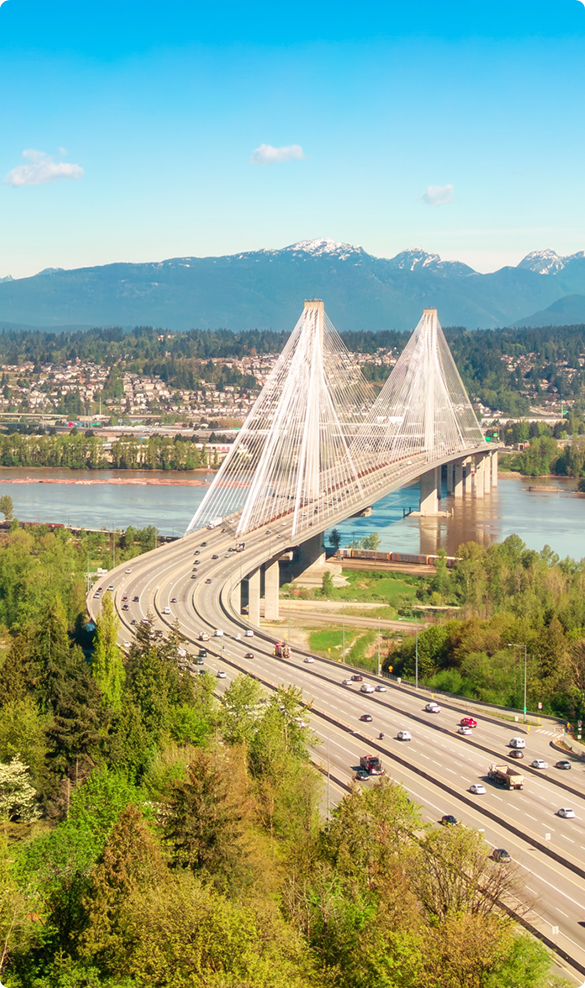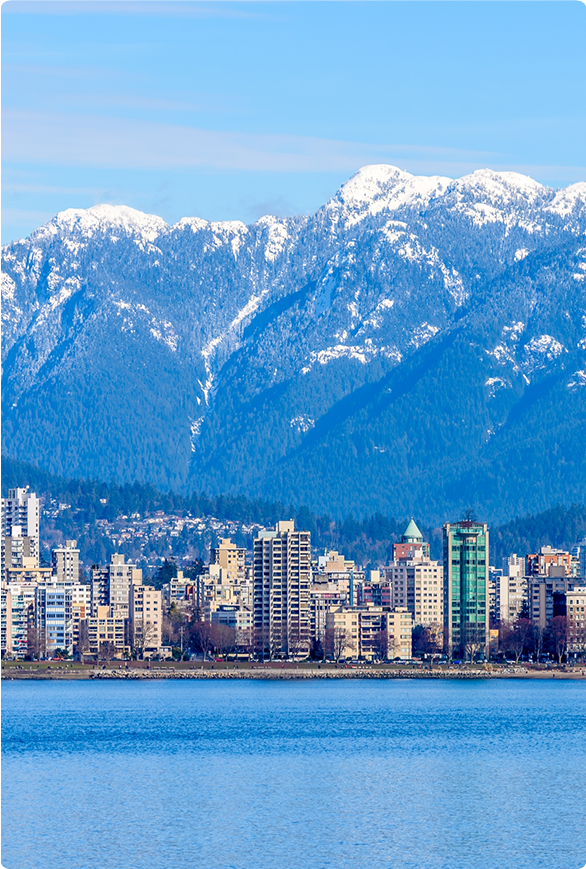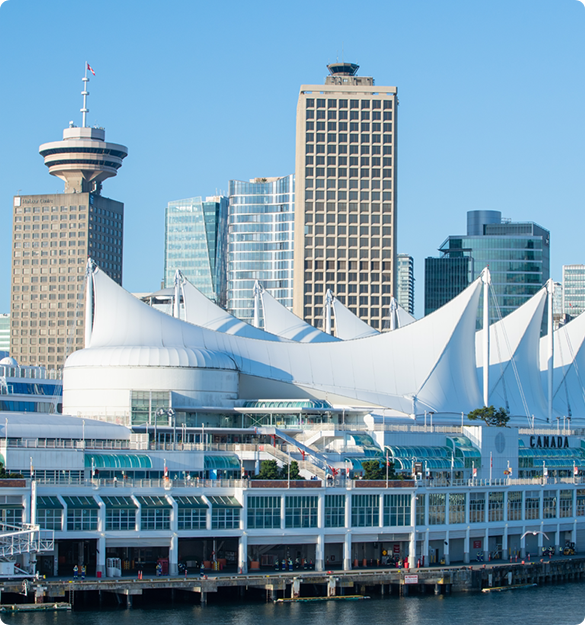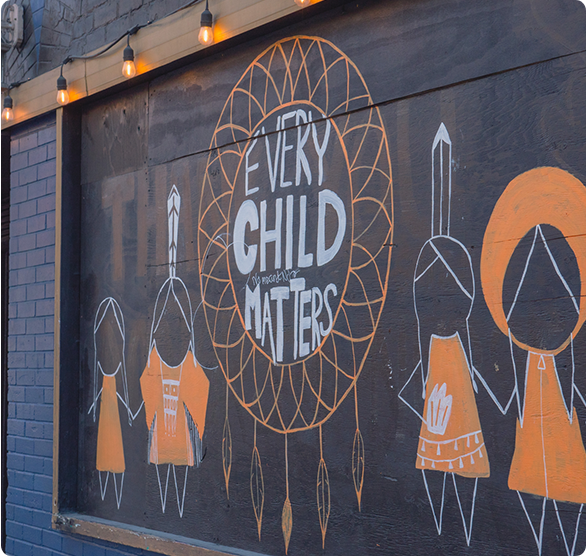
Urban Impact respectfully acknowledges that our New Westminster facilities are located on the unceded traditional and ancestral lands of the Coast Salish Peoples.
We understand that successful Indigenous partnerships are built on a foundation of mutual respect, common goals, opportunities for employment, and an understanding of the local community.
Urban Impact is committed to building respectful and meaningful relationships with Indigenous peoples, their communities, and partners through shared learning and open and honest conversations.
Our core values and proven commitment to civic and broad community engagements will provide the foundation to honour, support and grow a lasting relationship with the Coast Salish Peoples.
Engagement Plan
Bridging the Gap
Urban Impact has embarked on creating and evolving an Indigenous Engagement Plan designed to create engagement pathways to enhance and grow relationships today and into our shared future. Our plan seeks to:
- Bridge gaps of understanding and changing perceptions with cross cultural training that raises awareness about the history and experiences of Indigenous Peoples in Canada.
- Build an understanding on how to cultivate Indigenous relationships.
- Build meaningful, long-term and mutually beneficial relationships with Indigenous leaders and community members.
- Increase Indigenous employment in our business.
- Participate in community outreach for recruitment and relationship building.
Like any relationship, developing and maintaining relationships with Indigenous Peoples takes sustained commitment.
Urban Impact has assigned an internal team that is committed and will be held accountable to this engagement. We must consider the history, culture, and values of Indigenous Peoples as we build these relationships.
We recognize the importance of our approach in recruiting Indigenous candidates, supporting their career growth, or working alongside Indigenous communities and businesses.


Knowledge Transfer & Engagement
Workshops and Programs for Indigenous Peoples
Urban Impact is actively looking for opportunities to work collaboratively with First Nation communities.
In 2025, Urban Impact will be working with Vancouver International Airport and the Musqueam nation to facilitate a two-day Knowledge Transfer Workshop.
The goal of this workshop is to give indigenous workers a firsthand view of employment opportunities in an operating business. Topics include:
 Usage of vocational trucks
Usage of vocational trucks  Logistics of trucks and route planning
Logistics of trucks and route planning  Processing recyclable materials
Processing recyclable materials  Administrative duties at the corporate office
Administrative duties at the corporate office
This workshop will be first offered to Musqueam band members and opened to include other nations as space allows.
Urban Impact is open to exploring other partnerships that are meaningful and contribute to our community’s reconciliation work.
Indigenous Internal Cross-Cultural Training
Workshops & Programs for Urban Impact Employees
In addition to reaching out to First Nations Peoples, Urban Impact is also committed to bridging the gap internally through our Cross-Cultural Training.
This internal program explores how Indigenous and western world views are different and impact decision-making.
- How history impacts Indigenous Peoples
- How current Indigenous issues impact Indigenous communities
- How to cultivate Indigenous relationships
- Indigenous self-government
- How to begin consulting with Indigenous Peoples
- How to manage risk when cultivating Indigenous relationships


Every Child Matters
An important part of our internal communication and commitment to the Indigenous Peoples is our commitment and honouring of Truth and Reconciliation Day.
Every year, Urban Impact honours Truth and Reconciliation Day through educational opportunities and team events. In years past, we have honoured this day with a shared meal, orange shirts, and orange cookies. We hope that these moments together can allow us all to reflect on the importance of “Every Child Matters” and our relationship with First Nations peoples.
Through this gathering time, we are able to openly share, learn and acknowledge the land, heritage and culture of the land where our facilities are located.

